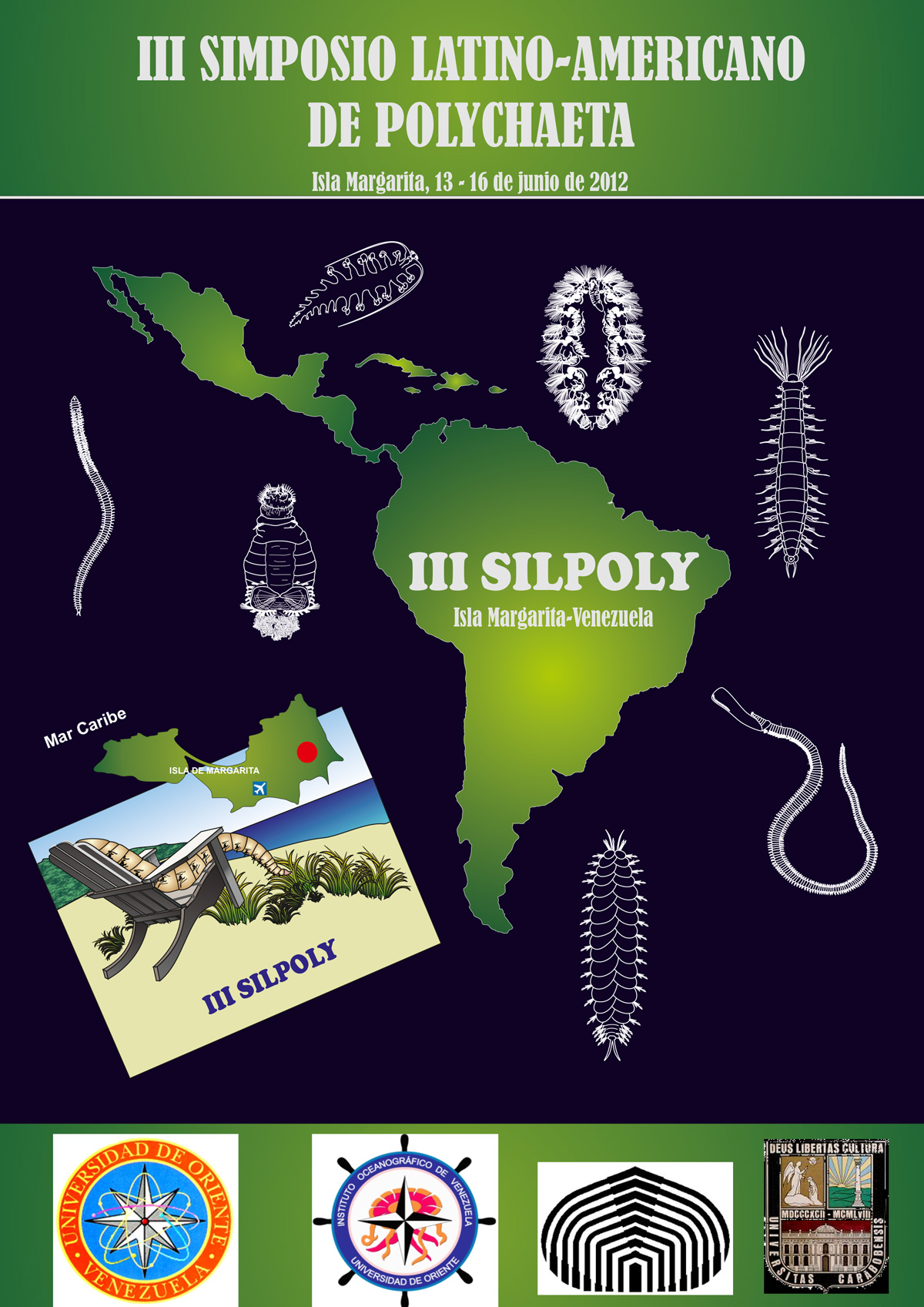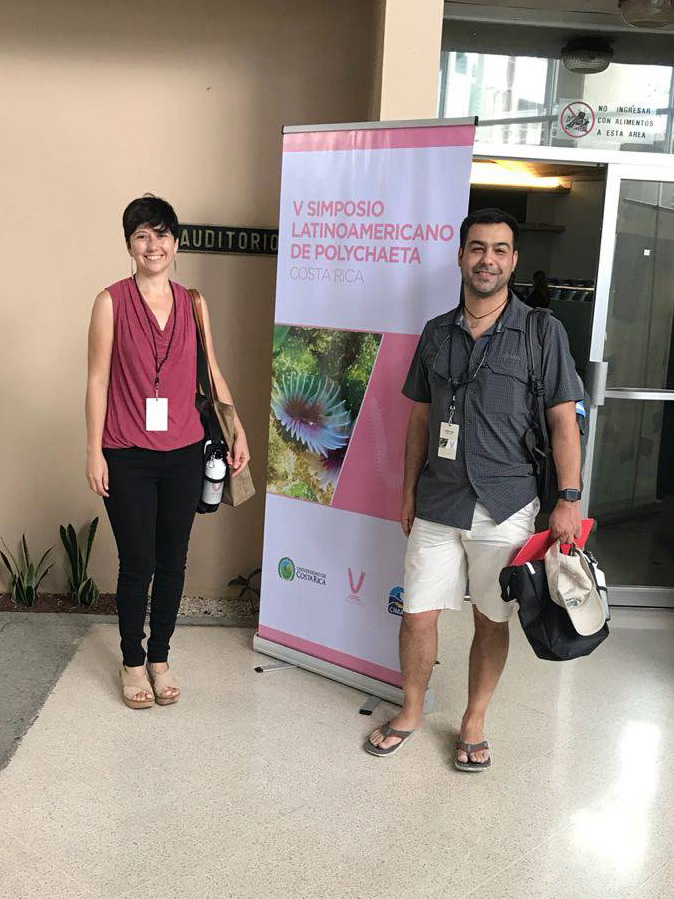What is SILPOLY?
In 2006, Latin American researchers coordinated a dissemination event and an alternative contact between researchers and students dedicated to the study of polychaetes, with the development of the First Latin American Symposium on Polychaetes (SILPOLY). This event maximized the possibilities for researchers to meet because it reduced the complicated logistics of attending international conferences held every four years. This project allowed the exchange of knowledge and opinions in a more precise way with other colleagues involved in these research areas, as well as strengthening the bonds of friendship between the participants. To date, five editions of SILPOLY have been carried out.
The I SILPOLY was held that same year, 2006, in Brazil, at the Centro de Biologia Marinha (CEBIMar / USP, Universidade de São Paulo in São Sebastião, São Paulo), in this event, 65 studies were presented by researchers from 8 countries: Argentina, Brazil, Chile, United States, Mexico, Wales, Russia and Venezuela. Three years later, in 2009, the II SILPOLY was organized in Mar del Plata, Argentina, where 84 studies were presented from countries such as Argentina, Brazil, Chile, Colombia, Ecuador, Mexico, Russia, Spain, the United States, Uruguay and Venezuela. The III SILPOLY in Venezuela was held in 2012 on Margarita Island, where 75 papers were presented by colleagues representing 7 countries: Argentina, Brazil, Chile, Mexico, Spain, Uruguay, and Venezuela. The IV SILPOLY was held in 2015 in Monterrey Mexico (Universidad Autónoma de Nuevo León, through the Faculty of Biological Sciences), on this occasion 85 papers were presented, including researchers from France, Denmark, Japan, Australia, and New Zealand.
The most recent meeting, V SILPOLY was held in 2018 at the Centro de Investigaciones en Ciencias del Mar y Limnología, Universidad de Costa Rica, where 77 papers were presented, with the incorporation of researchers from El Salvador, Trinidad & Tobago, and Singapore. All these scientific meetings, in addition to the presentation of papers related to this exciting group, have brought together many elite researchers from Latin America and beyond.
Among the many achievements of these Latin American meetings is the unification of the two Latin American networks of specialists dedicated to the study of this zoological group of invertebrates, such as Polychaeta, from Brazil and Poly-America, from Mexico, now reunited as Annelida: Polychaeta. This has undoubtedly allowed the expansion and exchange of literature and information among colleagues and collaboration between research teams from different countries. In addition, it has served to motivate and promote taxonomic and biological studies with the purpose of forming and training the future generation of young researchers who will continue and strengthen studies in this beautiful and diverse group.



